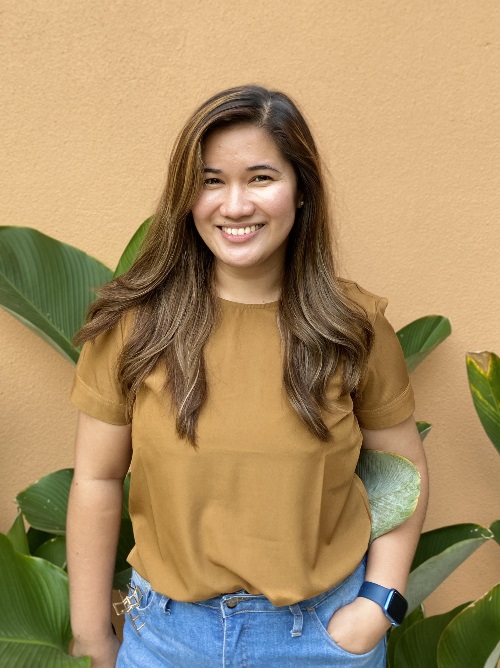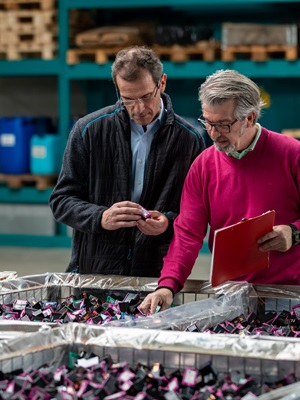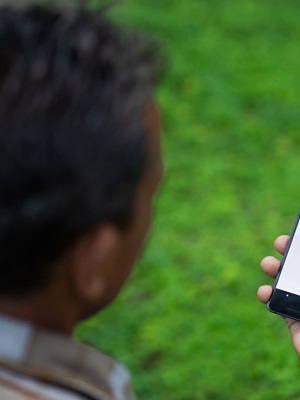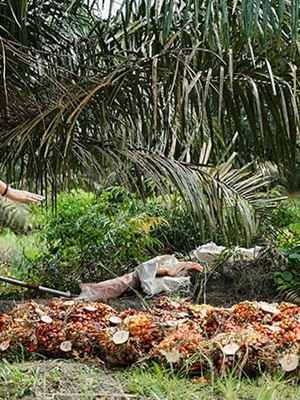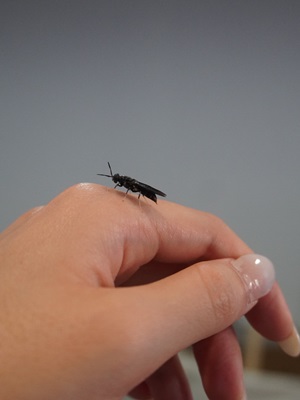It was the year 2020 when I found out I was pregnant with my first child and from someone who lived a sustainable lifestyle for three years as a single, doing it as a parent was really a challenge. Even though I knew I couldn’t do it perfectly, I couldn’t help but feel I have bitten off more than I can chew. In the seventh month of my pregnancy, I started buying nothing but organic, sustainable and eco-friendly items for my child — from cloth and organic bamboo diapers to second hand clothes. I knew I could do it like I used to. However, since she was born more than two years ago, I have sleep-walked into making what I can only describe as baffling consumer choices that stamp on any eco credentials I previously claimed. From postpartum blues to sleep deprivation, I have accumulated so much baby stuff that in real life, weren’t even usable in the first place. I was trying to prove to everyone that sustainability does not go out of the window after having a baby.
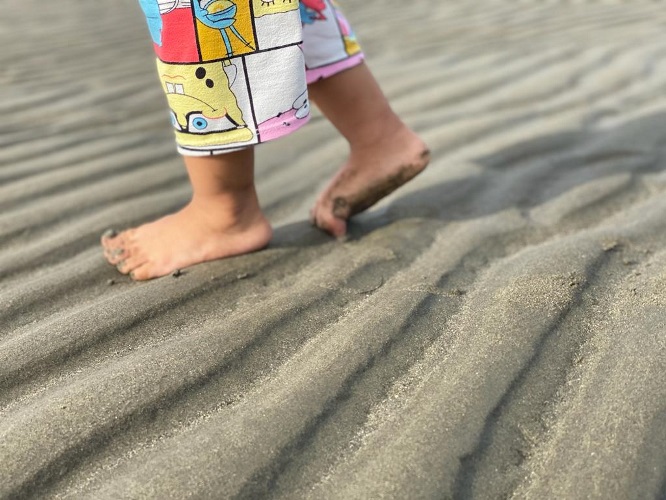
Two and a half years later, I could say I partly agree now. A day before I gave birth to my daughter, my OBGYNE-sonographer told me that my amniotic fluid is running out and an emergency cesarean surgery should be done the same day. We packed my hospital bag and went directly to the emergency room. Few hours later, I gave birth to my healthy baby girl and it changed my life instantly.The surgery has temporarily restricted my activities both as an individual and as a mother. Even the simple act of moving from my bed to the bathroom felt like a challenging task, and this situation has persisted for two long weeks. Fortunately, I've been able to continue breastfeeding my daughter, not only providing her with essential nourishment but also helping us save a significant amount of money on disposable items in the long term. Aside from that, adopting a sustainable lifestyle felt like a goal that’s too ideal for me to attain.
A study, conducted by Baby Dove, involving 2,000 parents has shed light on the challenges of maintaining eco-friendly practices during the initial years of parenthood. Surprisingly, six in ten parents expressed a sense of helplessness, feeling compelled to rely on single-use items such as disposable diapers and baby wipes. What's surprising is that 64 percent of parents confessed that sustainability barely registers as a concern during this demanding period of raising a child. Despite this, 67 percent of those surveyed expressed a desire to use more environmentally friendly products for their infants. This study also revealed that one-third of parents have experienced judgment from others for not adopting greener parenting practices.
And I realized that apparently, I am not alone. Parents, especially the new ones, find themselves bombarded by marketing efforts from different brands persuading us that we need more stuff to be better parents. What I realized along the way is that eco-friendly choices may not be the priority especially when as first time parents, our goal is to only navigate the demands of the day, reaching whatever is convenient. Then there is the lack of time, energy and headspace to research greener alternatives. At the same time, we can be sustainable parents in many different ways.
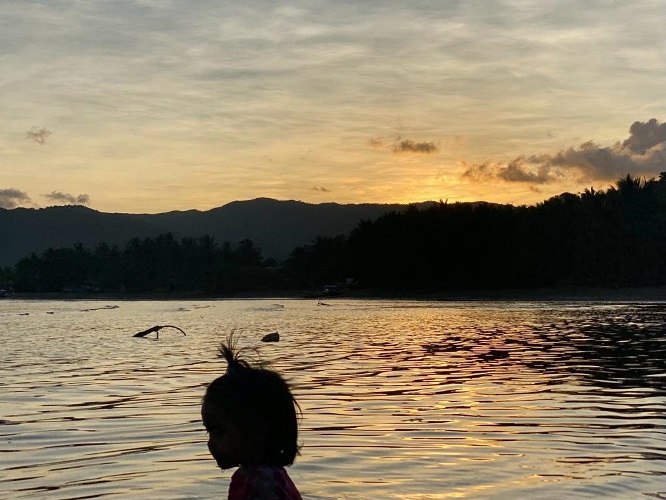
While we opt for disposable diapers since she was born because we did not have a helper at that time, we made sure that we are conscious of everything we purchase for her, whether it’s clothes, shoes, or toys. We opted for buying second-hand or hand-me-downs, and reducing waste by feeding her with real food since she was six months old instead of commercial baby food. By embracing these practices, we believe that we only not reduce our carbon footprint but also set a valuable example of responsible consumption for their children.
Another way of becoming more sustainable is to expose our child to the outdoors and nature. I acknowledge that compared to decades ago, being outdoors is a privilege now. We make sure that we get to spend time in nature to not only promote physical health but also foster a deep appreciation for the environment. Now that she is two, we are exposed to activities such as gardening, birdwatching, and just simply enjoying the time by the beach. We believe that through this way, it can help her develop a strong connection with the natural world, motivating her to protect it in the future.
Lastly, short and amazing stories about the environment. While she is still young and we cannot discuss with her the dangers of climate change, we tell her storybooks about it and we can instill a sense of responsibility and stewardship from a young age. We also believe that reading stories about the environment can foster her empathy and compassion.
So, is sustainable parenting really doable? My answer is yes and no. In the midst of sleepless nights and learning how to be a good parent, it’s easy to develop undesirable habits as new parents. The key lesson I have learned from my almost three years of being a parent, a teacher, and a climate activist is how important it is to assess our consumption choices from a holistic point of view rather than avoiding disposable and plastic materials in general. I have also learned that I may not be able to give up disposable diapers but I found my way in other ways - that living sustainably should not be very complicated. From purchasing second hand items to accepting hand me downs, parenting does not need new and shiny items. Above all, this is the world that my daughter is living in and the choices I make on her behalf will create a much more significant impact on her than mine.
Posted 31/10/2023



